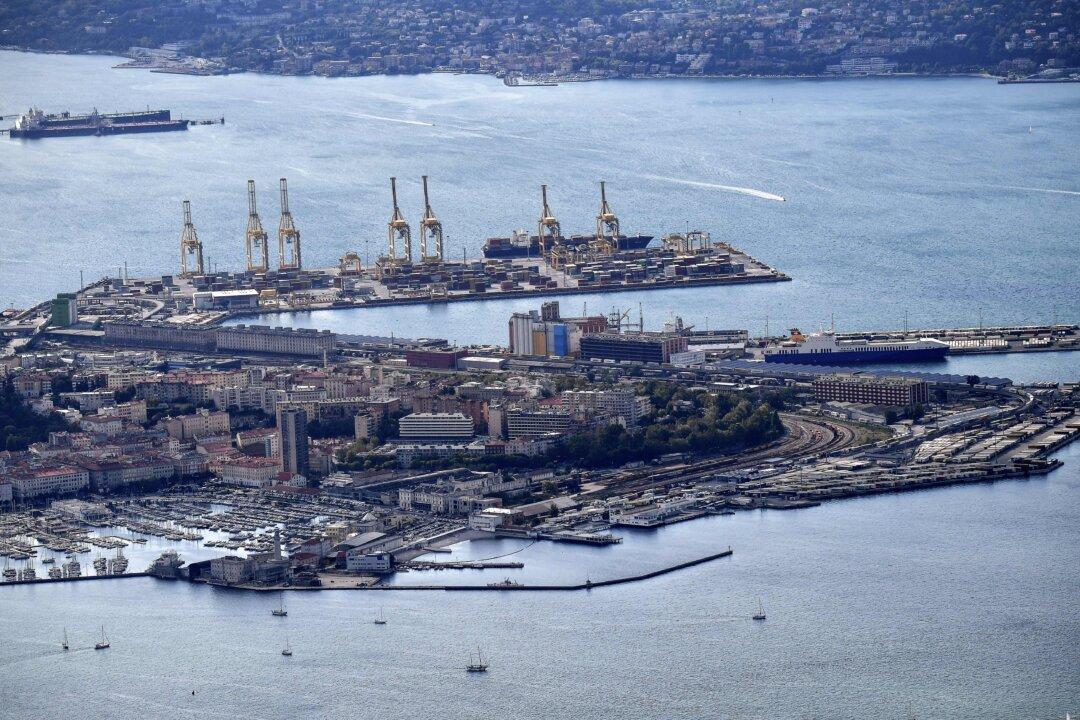Commentary
Churchill called Italy, the “soft underbelly” of Europe, meaning the invasion of the continent in World War II should be done there first by the Allied forces.

Churchill called Italy, the “soft underbelly” of Europe, meaning the invasion of the continent in World War II should be done there first by the Allied forces.